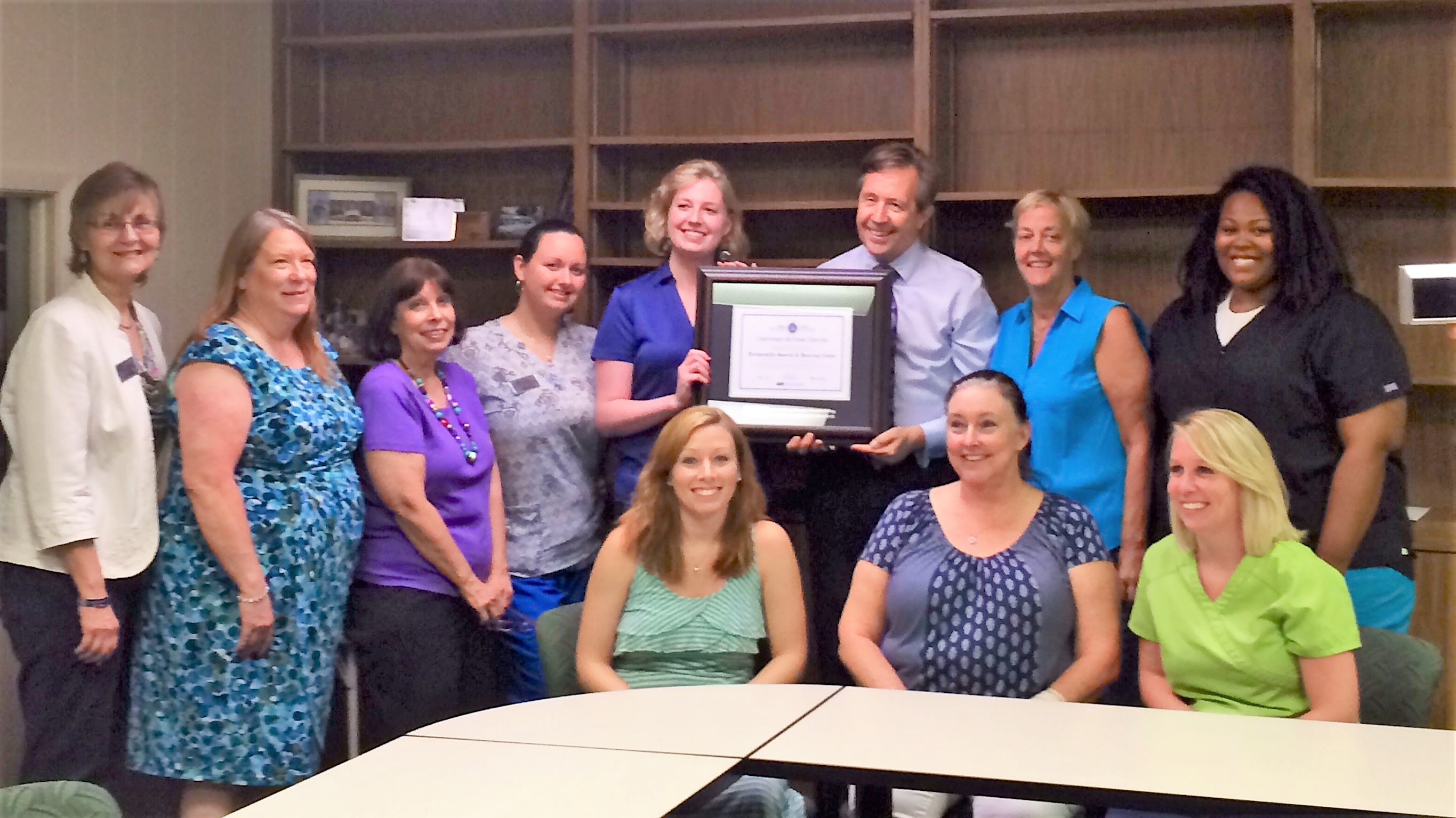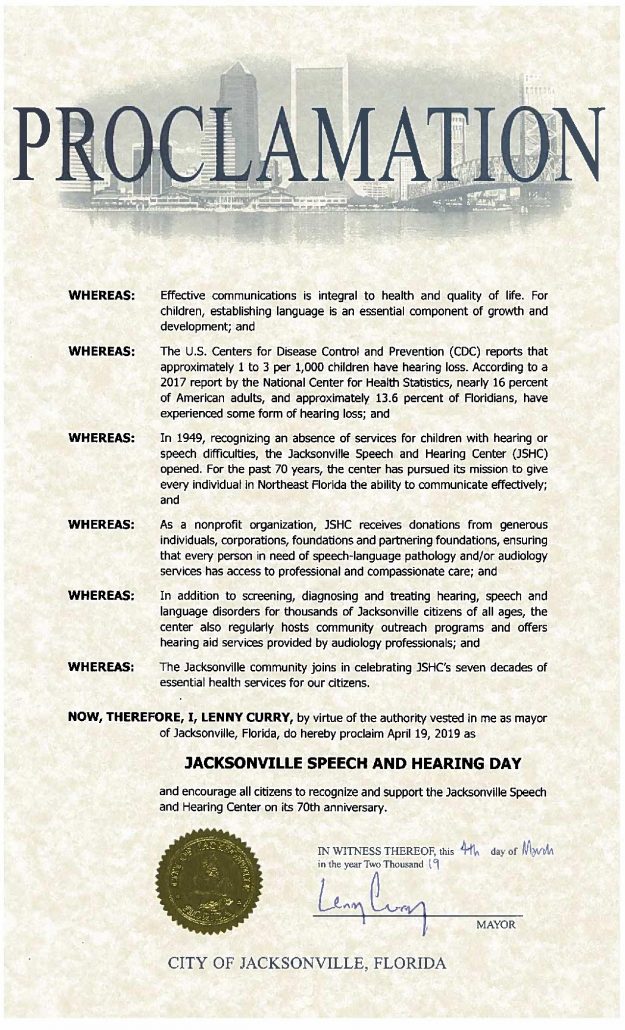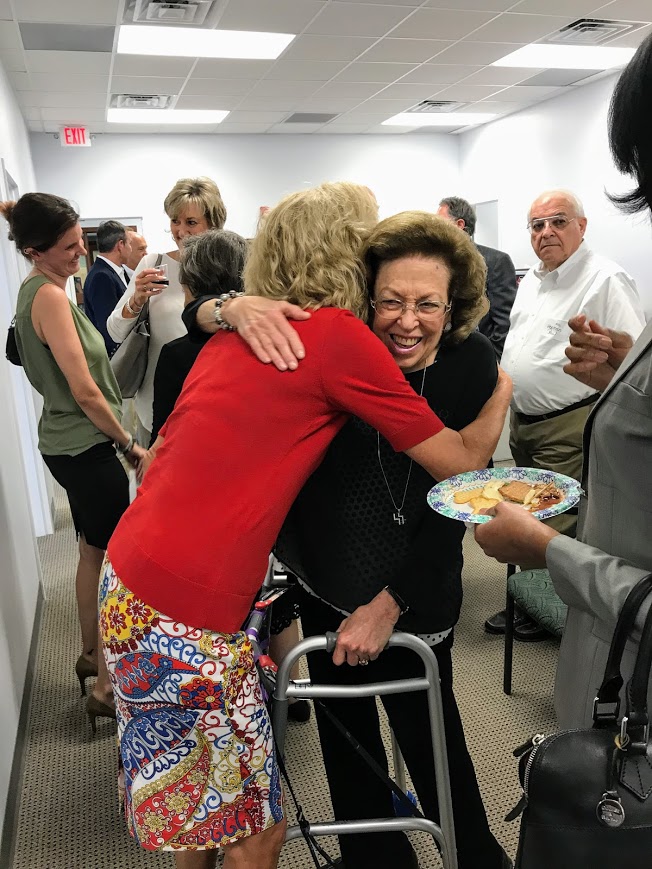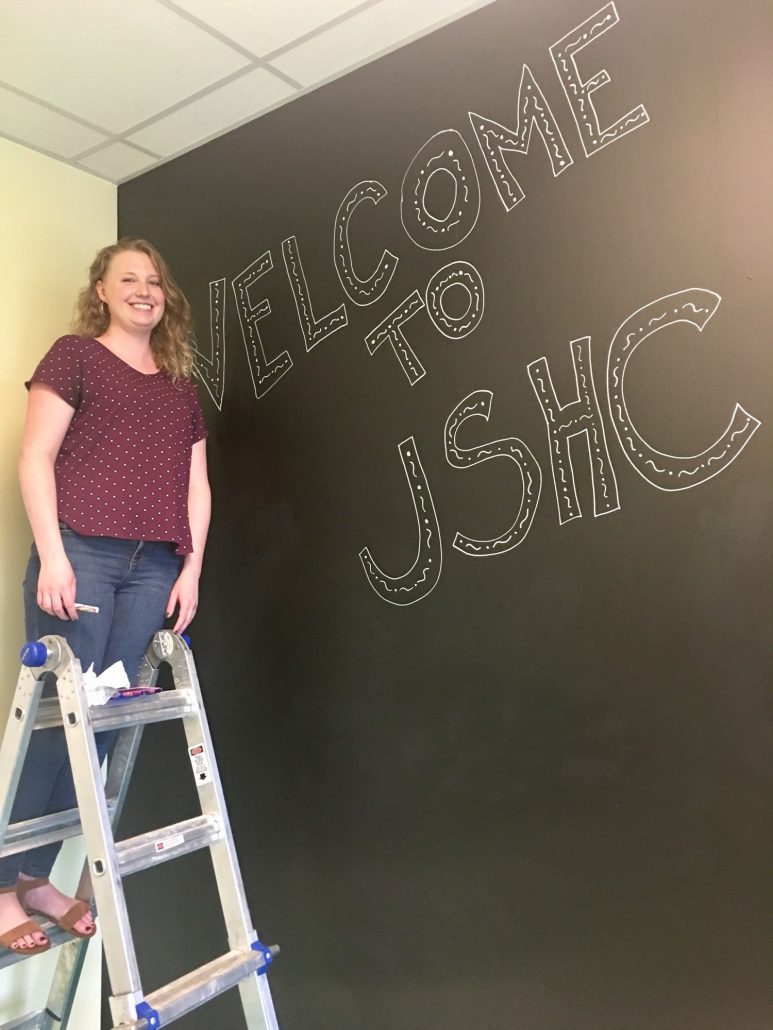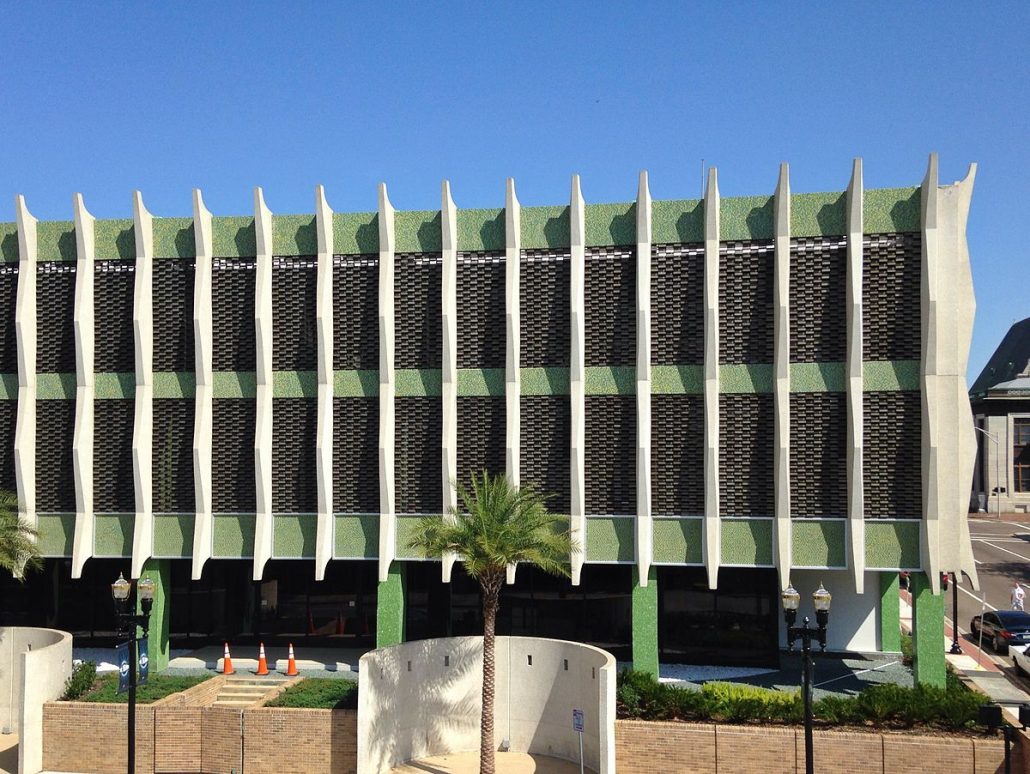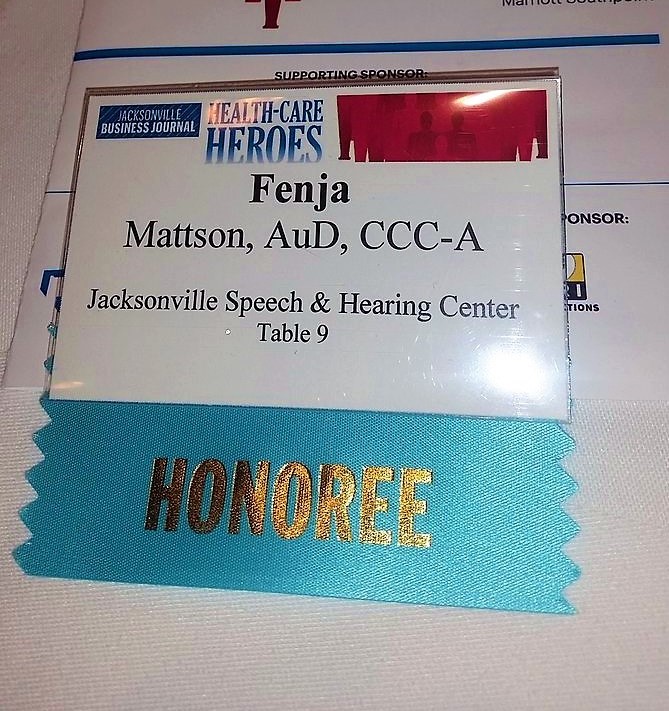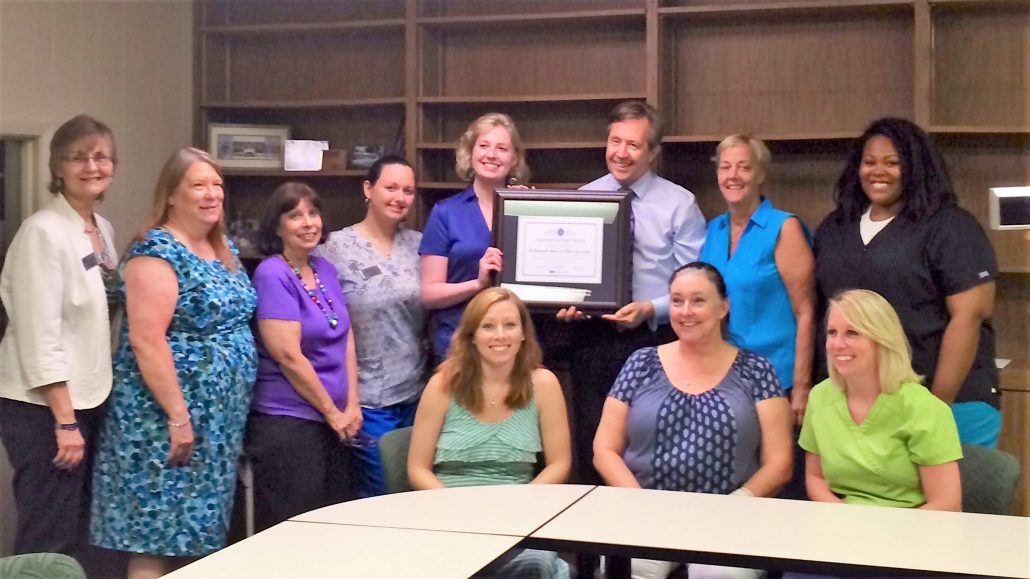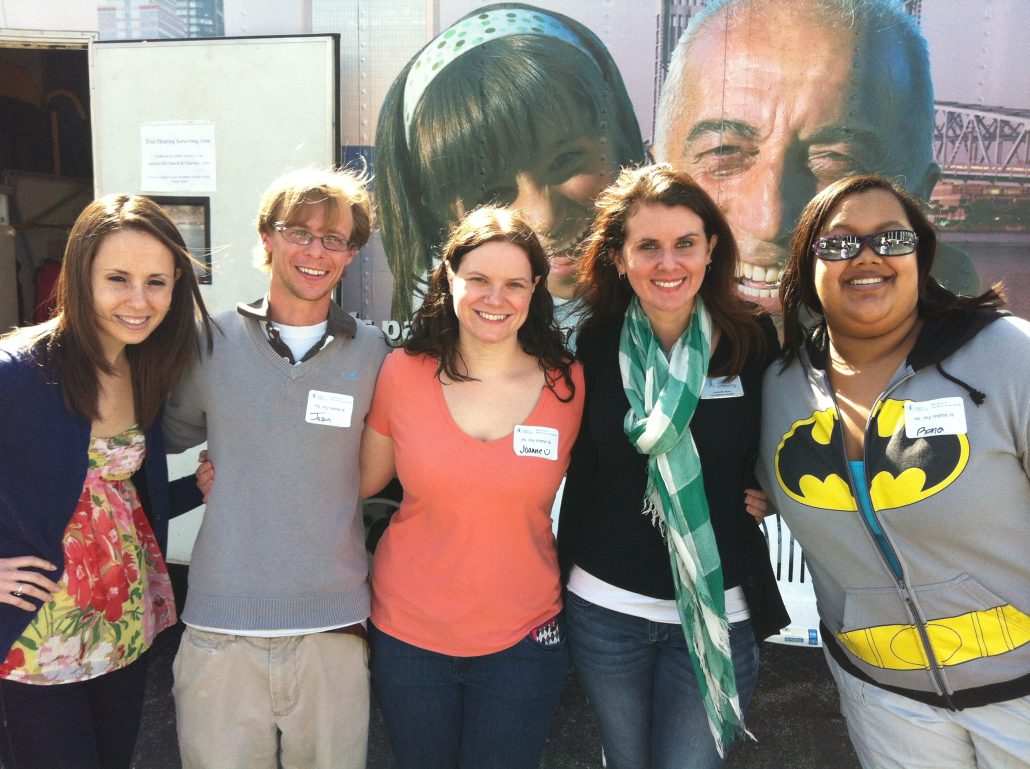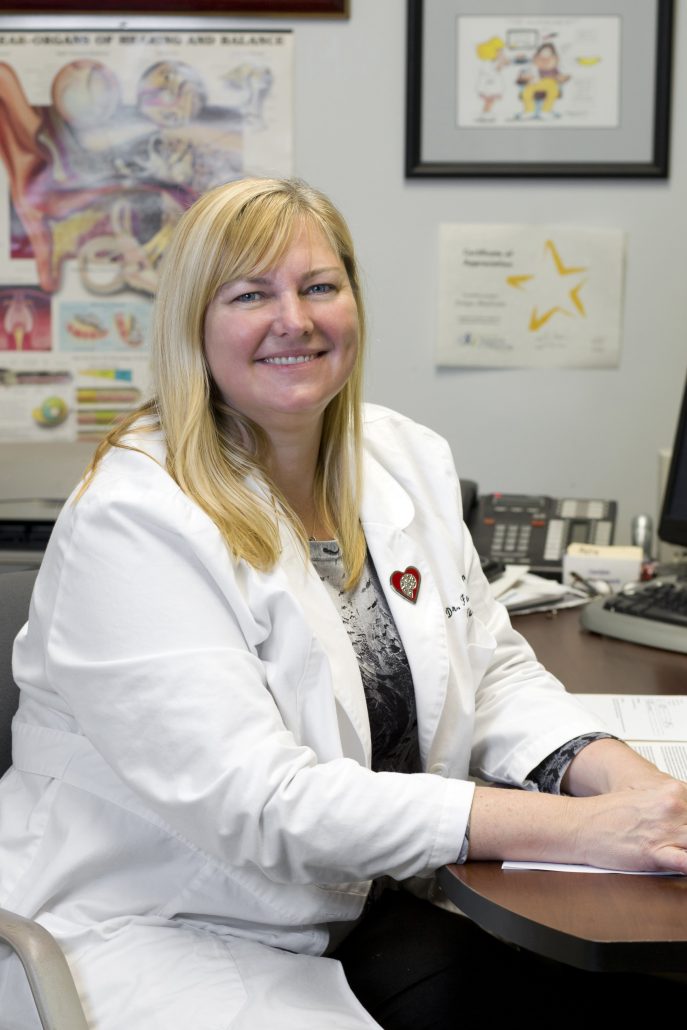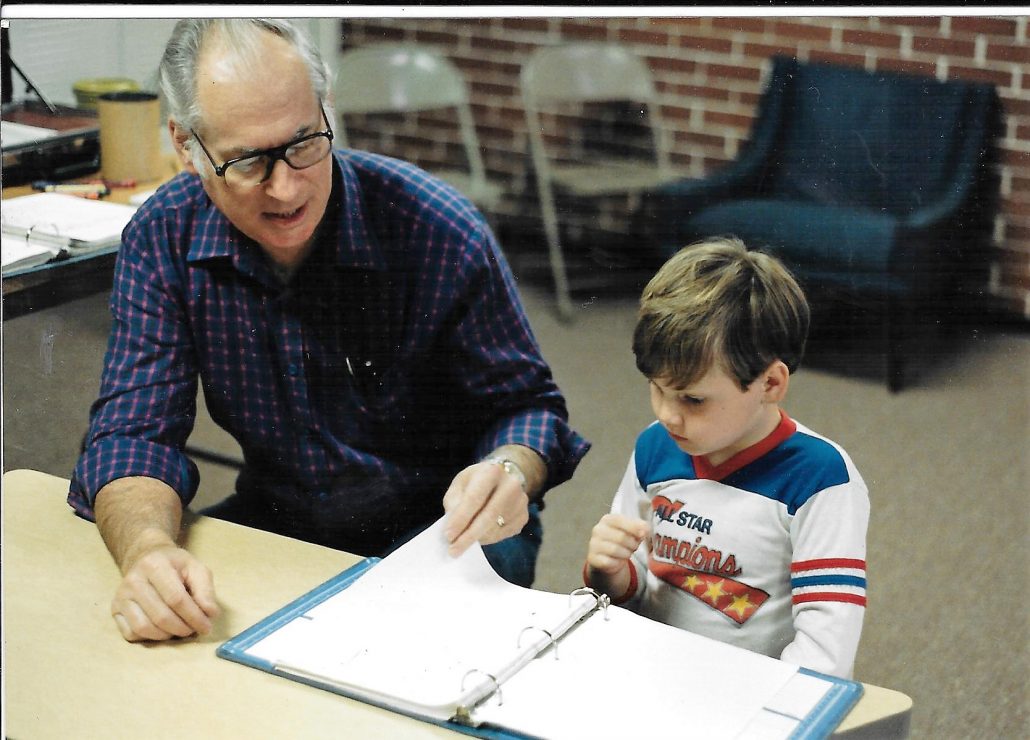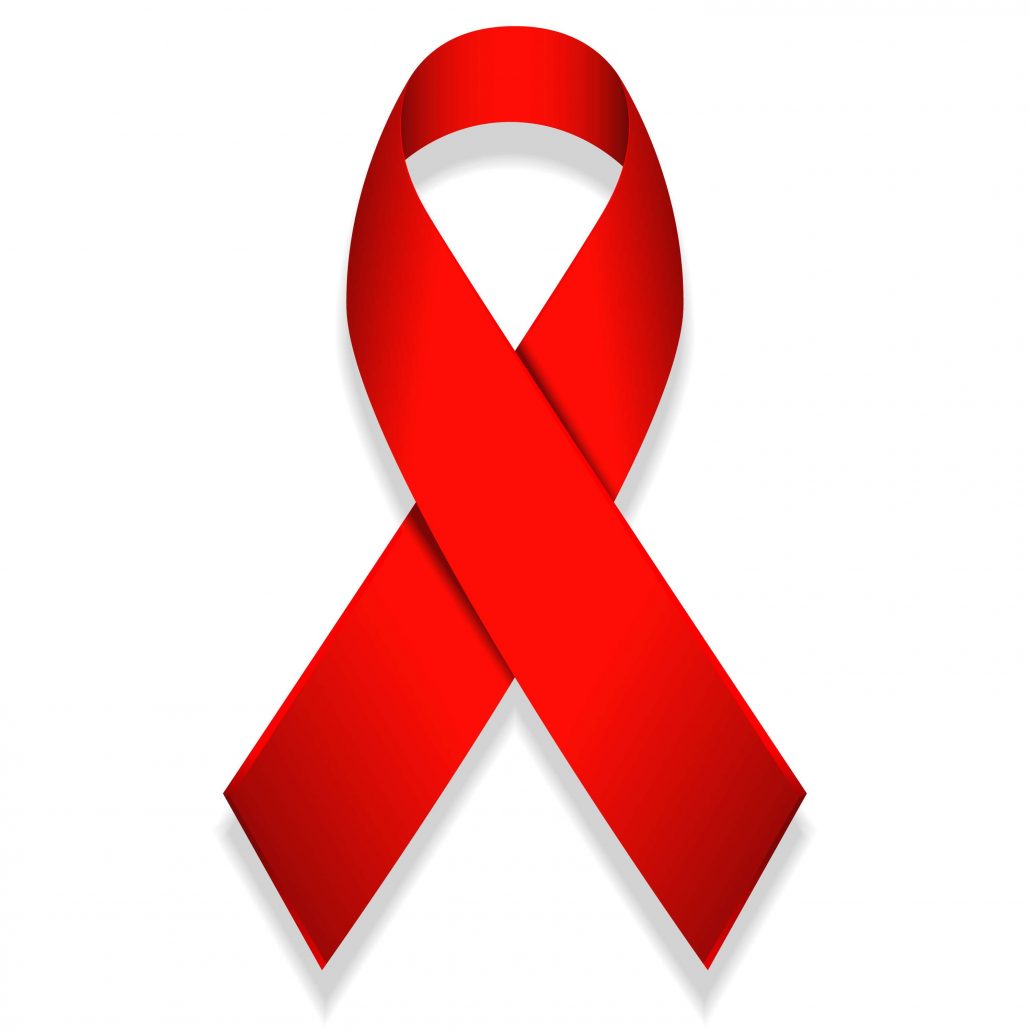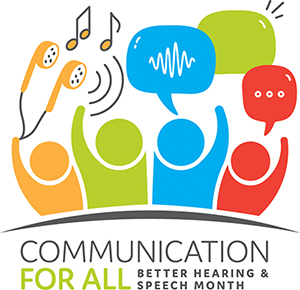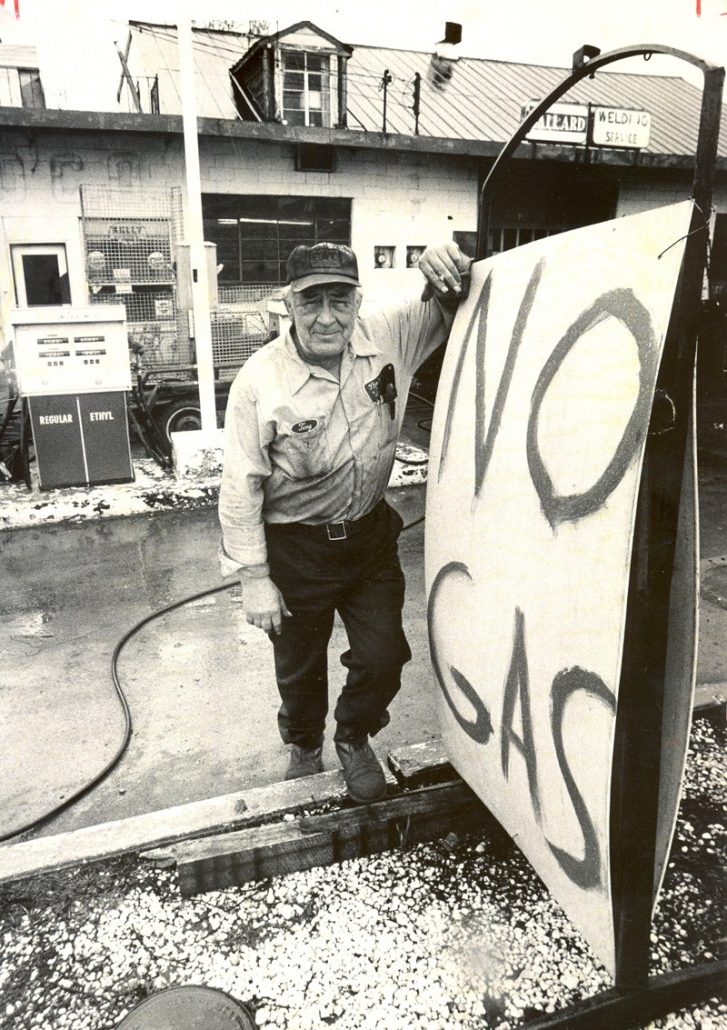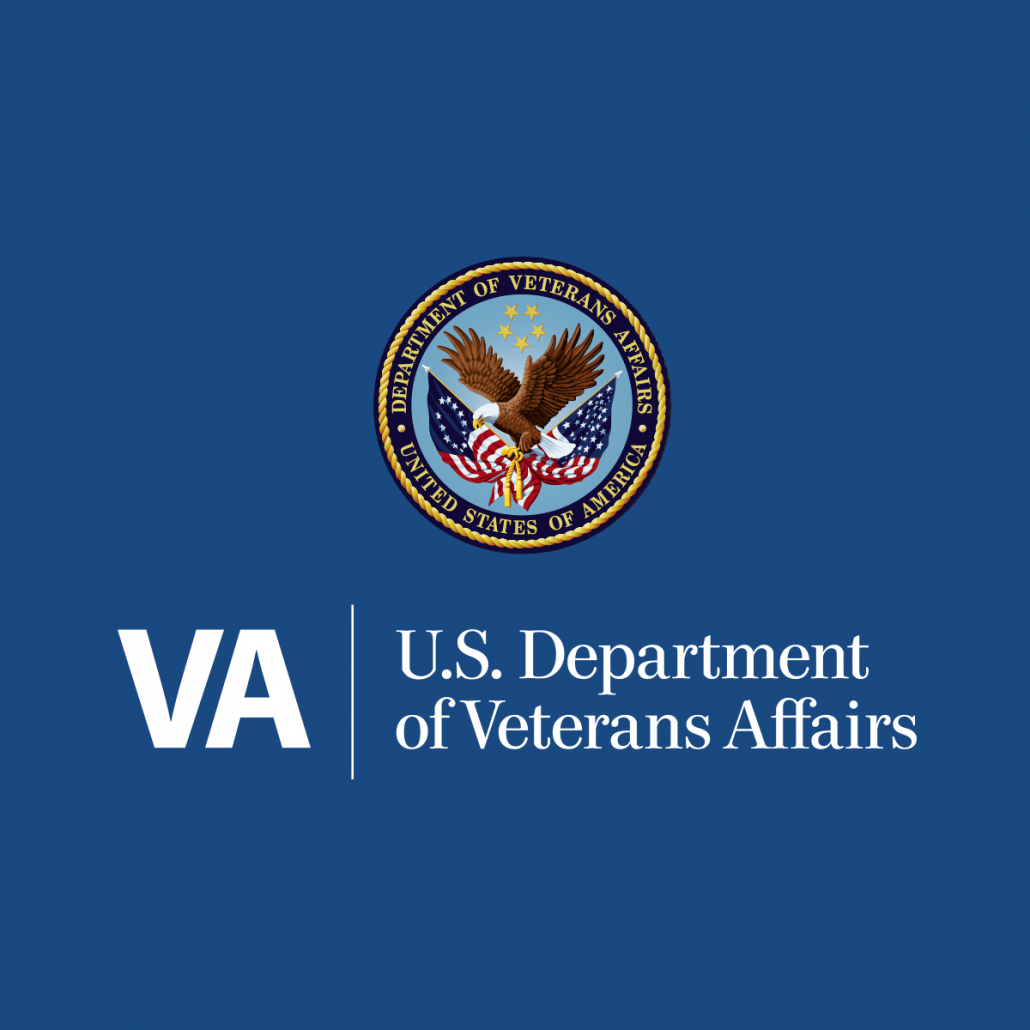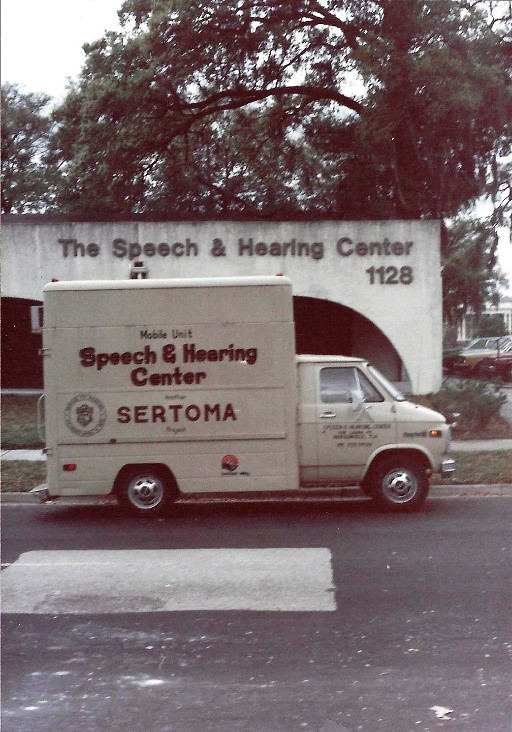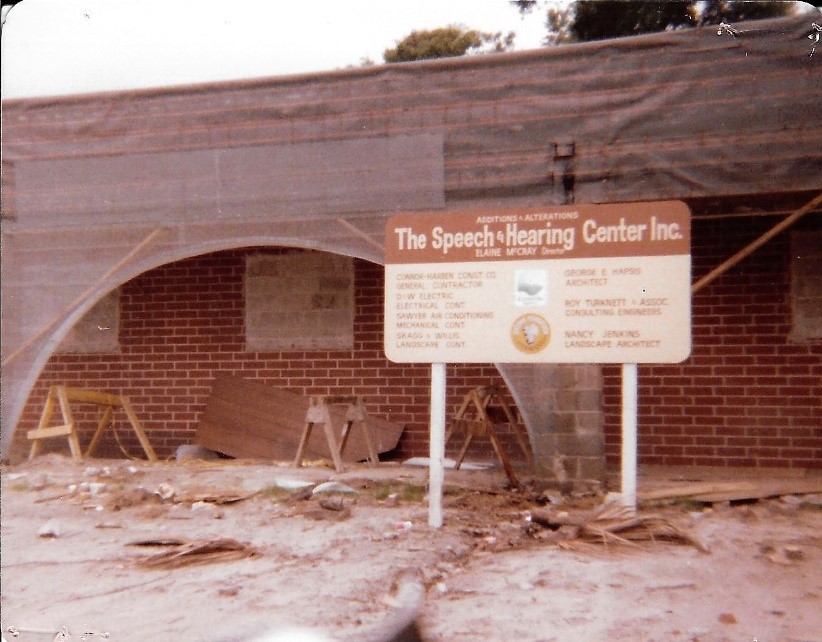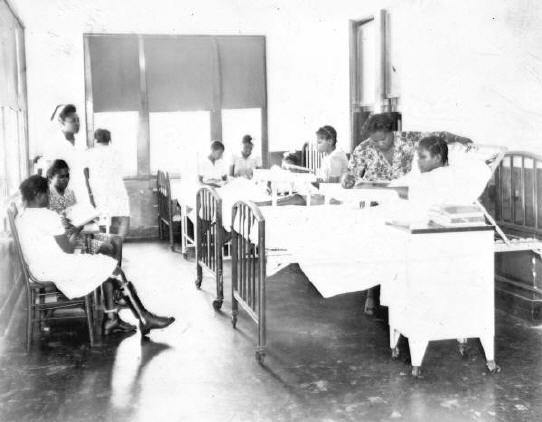JSHC Timeline
In recognition of the Center’s 70th anniversary, Jacksonville Mayor Lenny Curry signs a proclamation declaring the Center’s April 19th birthday as “Jacksonville Speech & Hearing Day.” The day serves as an opportunity to recognize the positive community impact the Center has had throughout the decades.
The Center dedicates its new facilities to Haskell and rooms in honor of the Joseph and Gertrude LaRose Foundation, former Board Chair, Bill Shelton, 35-year SLP, Sharon Kesler, and volunteer Director of Operations, Cathy Howland.
After being housed on Laura St. for more than 50 years, the Center moves to a new location at 1010 N. Davis St. The new space is more accessible to patients and includes expanded areas for speech pathology and audiology services, as well as technological upgrades.
At the invitation of Jessie Ball duPont Fund CEO Sherry Magill, the Center’s CEO, controller, and fundraising staff relocate to the Jessie Ball duPont Center, which exclusively houses local nonprofits. This move marks the beginning of the Center’s transition from its Laura Street location.
Dr. Mattson receives further accolades when she is recognized by the Jacksonville Business Journal as one of their 2015 Health-Care Heroes. This award honors Northeast Florida professionals who improve health care and save lives.
Center staff go through training to receive certification of autism care from the International Board of Credentialing and Continuing Education Standards (IBCCES). From these efforts, the Center becomes the first healthcare provider in North Florida to earn credentials as a Certified Autism Center.
The Center begins a new volunteer program. Volunteers are recruited to help with driving the Center’s mobile unit, fundraising, event planning, newsletter coordination, and outreach.
One of the Center’s audiologists, Dr. Fenja Mattson, receives recognition by winning the Mapes/Snodgrass Clinical Excellence Award.
Extremely low on capital, the Center reaches a pivotal crossroads. As part of efforts to save the Center, much of the staff is laid off. Remaining staff take severe cuts in pay and benefits. In tangent, the Executive Director and the Board of Directors mount a major restructuring campaign.
The Center begins following policies about how to treat patients with AIDS and/or communicable diseases. The Center equips therapists with gloves to wear when working in patients’ mouths, purchases antiseptic soap, and schedules a workshop about protection against communicable diseases.
The Center wins a Distinguished Service Award from the American Speech-Language-Hearing Association (ASHA) at a ceremony in Washington D.C.
The Center receives a Proclamation for Better Speech and Hearing Month from the Office of the Mayor of the City of Jacksonville. In ensuing years, the Center will continue receiving a Proclamation in honor of Better Speech and Hearing Month to raise public awareness.
The Center opens a satellite location in Southwest Jacksonville in an effort to accommodate patients who are unable to travel to the Laura Street location because of nationwide gas shortages.
The Center begins providing services to patients referred from the Department of Veterans Affairs.
The Center receives a Hearing Test Mobile Unit “equipped with two audiometers, eight chairs and a small desk” as a donation. The unit is described as a “trailer-office, waiting room and hearing test room with a sound treated booth” that can be used to test patients off-site throughout the community.
The Center purchases a property “located at First and Laura Streets” to build new permanently integrated facilities, signaling a new era of expansion. During this time, the Center begins offering additional audiology services, participating in community health fairs, as well as pioneering early intervention speech-language and hearing programs for local preschoolers.
The Center achieves status as a 501(c)(3) nonprofit organization under the name Speech and Hearing Center, Inc.
After serving as an amalgamated entity for eight years, the Children Guidance and Speech Correction Clinic elects to separate into two different organizations—the Child Guidance Clinic of Duval County and the Speech and Hearing Center of Duval County, which would later become the Jacksonville Speech & Hearing Center.
The Children’s Speech Correction Clinic merges with the Child Guidance Clinic, rebranding itself as the Child Guidance Speech Correction Clinic of Duval County.
The Clinic officially expands its services to Brewster Hospital, Jacksonville’s first hospital for African-Americans, after initially being unable to treat African-American children due to Jim Crow Laws. Therapy takes place in Brewster’s Isolation Ward four-and-a-half days a week, with therapists alternating days.
